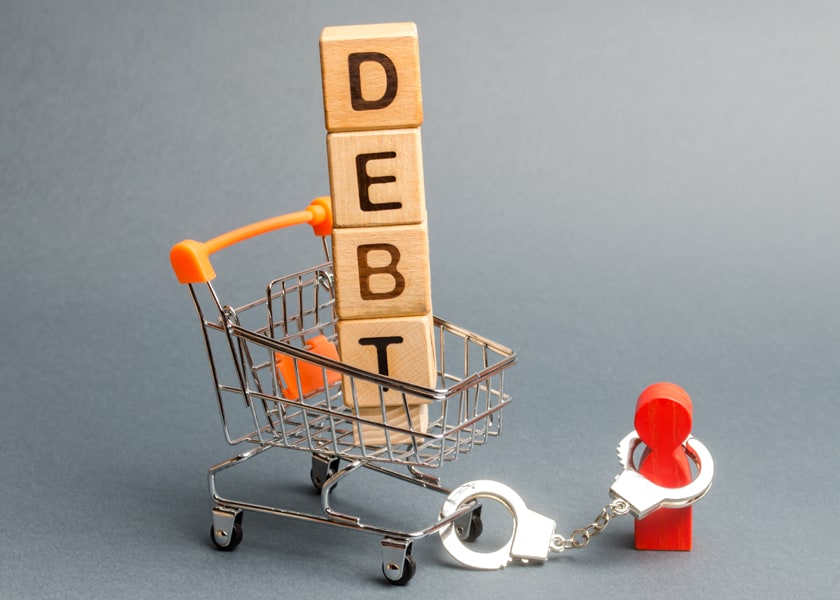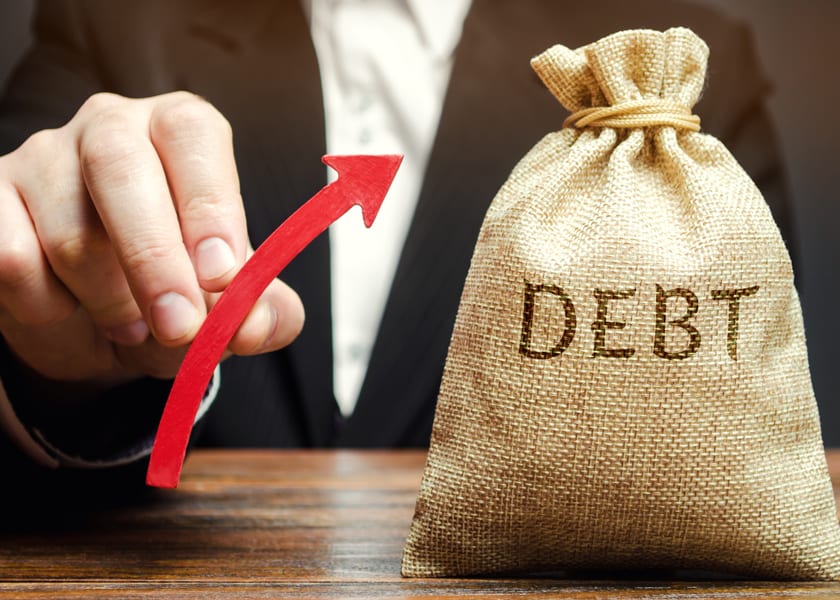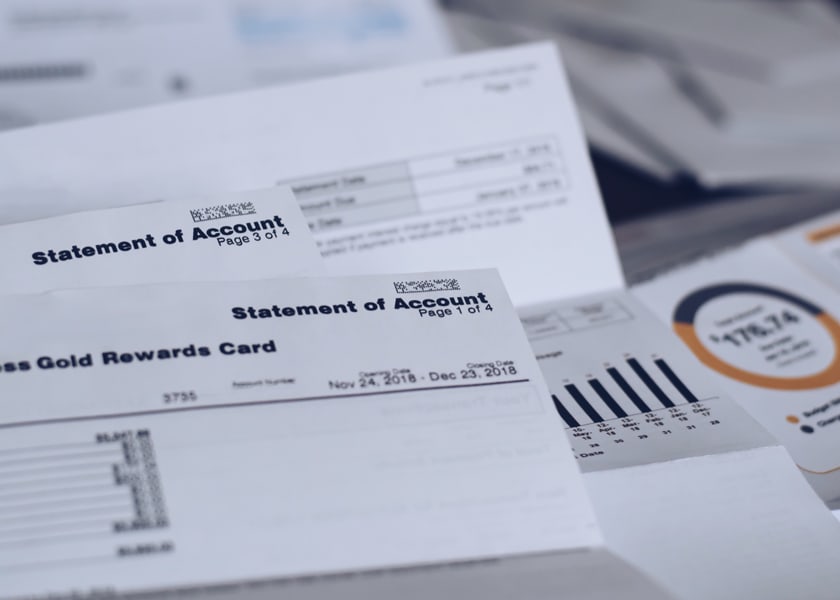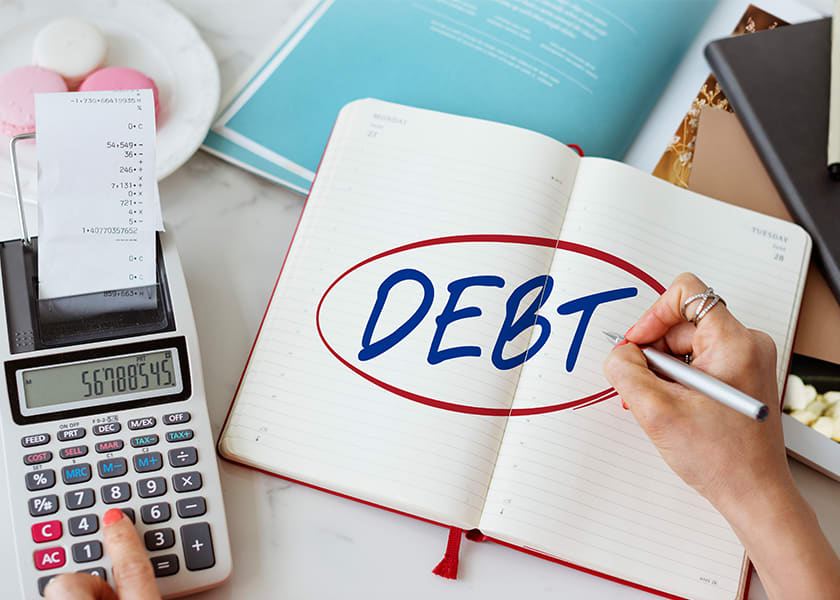Top Debt Consolidation Provider
National Debt Relief 
Highly Rated By Consumers BBB A+ Accredited
- No Upfront Fees
- Minimum $20,000 in Debt
- Top Rated Customer Service
- Less Than Making Minimum Payments
What is Credit Counseling?
Credit counseling involves working with a credit counselor who helps you develop a plan to pay off your debts and avoid foreclosure or repossession, according to the National Foundation for Credit Counseling (NFCC). The NFCC explains that credit counselors:
1. Identify which bills you can afford to pay and arrange these payments for you, while putting together a repayment plan.
2. Find out how your income and expenses affect one another.
3. Look at what assets or savings you have, such as stocks or investments that could be sold to get cash. Then they’ll explore borrowing options such as 401(k) loans and home equity loans.
Forms of Debt Relief
Debt relief is any way of getting out from under heavy debt. It can include debt consolidation, which involves rolling all your existing debts into one new loan with lower monthly payments. Other forms of debt relief may include the following:
Debt settlement lets you make a deal with your creditors to pay less than the amount you owe. If they agree, your credit report will reflect that you reached an agreement with them.
Bankruptcy wipes away qualifying debts and allows you to begin again by getting a fresh start financially. However, bankruptcy stays on your credit report for up to 10 years.
Why Credit Counseling?
Although debt consolidation seems simple because it just rolls everything into one payment that’s lower than what you got before, there are some downsides to it that could be costly. First of all, if you’re late on even one payment (like a car payment), the entire loan could be declared in default, and you could lose your vehicle.
The terms for repayment often include a high interest rate, which means that when you add up all your credit card debt once it’s rolled into the new loan, plus the interest rate, your monthly payment may not actually save you any money.
One benefit of working with a credit counselor is that they can negotiate lower rates and lower monthly payments than most creditors would offer on their own. Credit counselors also help create personalized plans to get back on track financially through budgeting and other skills training. This typically costs vary by the agency or counselor you choose to work with.
Is Credit Counseling a Good Idea?
There are a lot of factors to consider when deciding whether credit counseling is a good idea. On the one hand, credit counseling can help you get out from under heavy debt and may include lower monthly payments and interest rates. On the other hand, if you’re late on even one payment, the entire loan could be declared in default.
Debt consolidation is a good idea if you have a steady income and a reasonable likelihood of being able to repay the loan. However, many Americans do not have that going for them anymore.
If your credit card debt has resulted from unexpected emergencies or just overall poor budgeting skills, then there may be no way for you to acquire new loans as most lenders would view you as too big of a risk. In this case, credit counseling could help give those who cannot pay debts by consolidating all their debt into one affordable monthly payment through some form of debt relief. This will also protect them from having to file bankruptcy which can ruin their chances of getting new lines of credit in the future.
What is Debt Consolidation?
Debt consolidation is any way of getting out from under heavy debt. It can include taking out a new loan, known as consolidation loans, to pay off all your other debts. This new repayment plan may have lower interest rates and monthly payments than the old plans.
The rules for this type of loan are often more flexible than other types of loans so that you can afford them even if you’re unemployed or have no credit history. Another type of debt consolidation includes using home equity lines of credit. This allows you to borrow against the equity in your house (the difference between what you owe on it and how much it's worth).
Is a Debt Consolidation a Good Idea?
One benefit is that after finishing with a debt consolidation loan, those who cannot pay their bills might be able to get back on track financially. However, this solution does not solve the actual problem of how they manage their money. They may still have poor spending habits, low income, or unforeseen expenses. These issues will cause them to struggle with debt again in the future even if they have lower monthly payments and interest rates now.
People who are in significant amounts of debt often fall into two categories: those with temporary financial difficulties and those with long-term fiscal problems. Those who cannot pay bills because of a job loss or another type of emergency will typically find that after a few months or so things start going back to normal and their credit cards aren’t quite as scary a concept as they once were. Those with long-term money problems may need to get a little more drastic to get themselves out of debt.
To figure out what your best option is for getting out from under heavy debt, you’ll need to assess your own situation and see whether credit counseling or a debt consolidation loan will work for you. One thing you should keep in mind is that if your total amount of credit card debt rolled into one monthly payment on a new consolidated loan is too high, then this sort of loan isn’t going to be very helpful.
Debt consolidation and credit counseling are two different solutions to the problem of heavy debt. However, there is no one-size-fits-all solution and each person's situation will be unique. To start deciding which strategy might work best for you, assess whether or not your financial issues stem from a temporary emergency or long-term fiscal problems.
Conclusion
If it is an emergency that has caused you to accumulate high levels of credit card debt in just a short period of time, then consolidating debts with lower monthly payments and interest rates through some form of debt relief may help get yourself back on track financially faster than if you were only able to make minimum monthly payments on your original loans without any assistance.
On the other hand, if this isn't an unexpected event but rather a culmination of your own spending habits and poor money management that got you into debt in the first place, then a credit counseling service may be a better option for you to start taking steps toward improving your fiscal health.
















